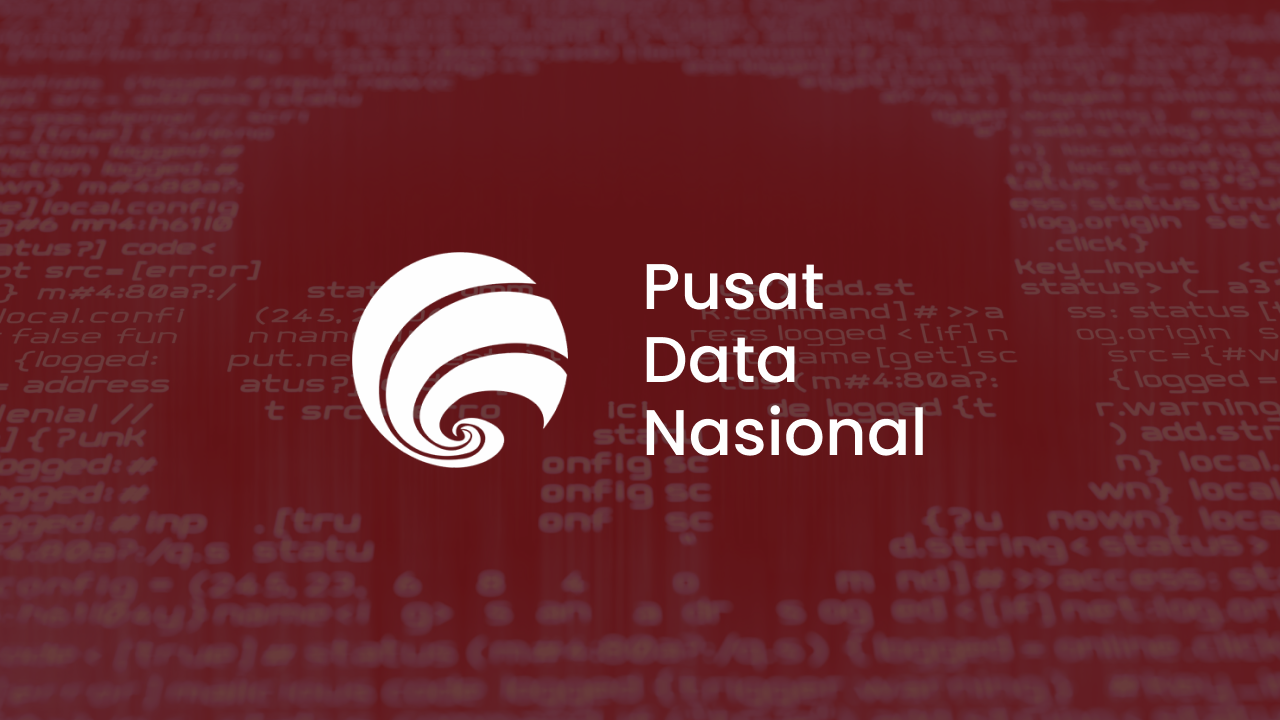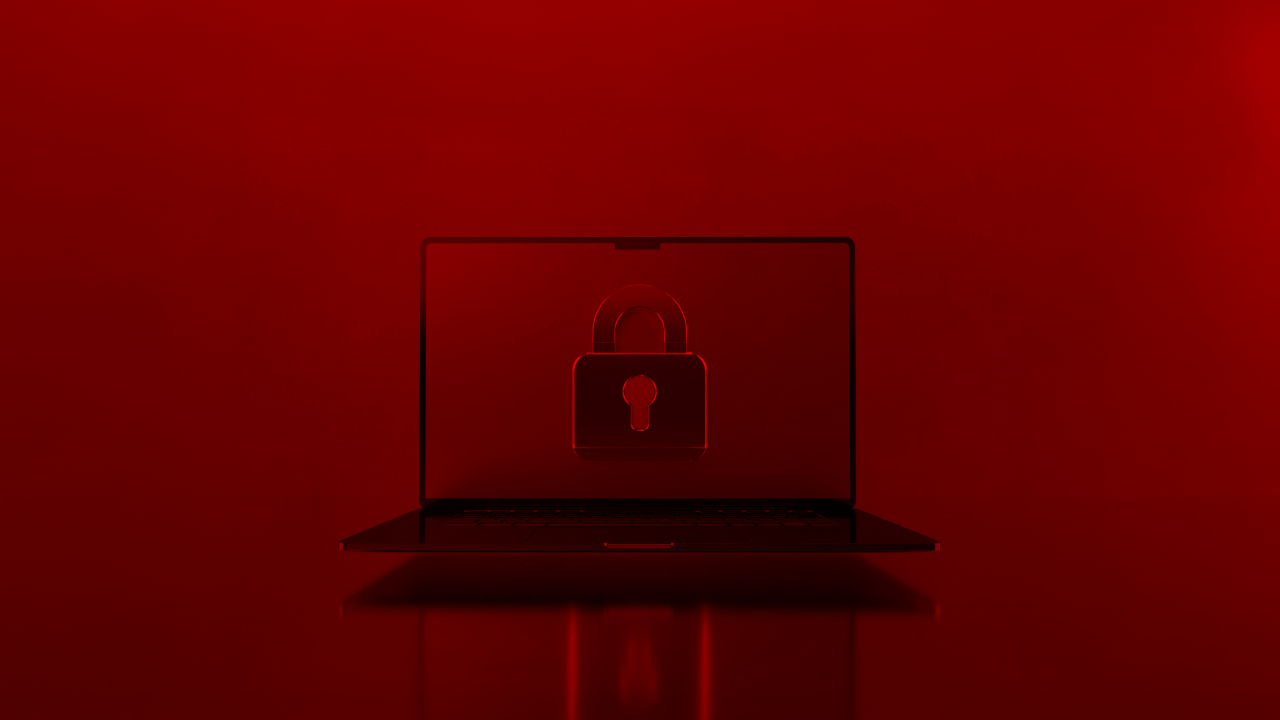By Patricia A. Pramono • Studio 1080, Published on July 11, 2024
TABLE OF CONTENTS
In June 2024, we were rocked by a massive cyber attack that compromised our very own Pusat Data Nasional / National Data Center (PDN). The breach, involving a sophisticated ransomware attack, highlighted alarming vulnerabilities in our country’s data security infrastructure. This incident disrupted numerous public services and potentially exposed the sensitive personal information of millions of Indonesians.
So, how did this breach happen? The attack on the PDN was not just a simple hack; it was a well-coordinated cyber assault. The hackers called Brain Cipher used ransomware to encrypt crucial data, demanding a ransom to unlock it. As reported by Liputan6, this incident not only crippled the data center but also affected various government services, including immigration and tax data management.
Understanding Ransomware
Ransomware is a type of malicious software designed to block access to a computer system or data until a ransom is paid. These attacks often begin with phishing emails containing malicious links or attachments. Once clicked, the ransomware encrypts the victim's files, rendering them inaccessible. The attackers then demand payment, usually in cryptocurrency, for the decryption key.
Also read Understanding Malware Threats
According to Liputan6, the ransomware used in this case is an evolution of LockBit 3.0, known for its devastating effects on numerous institutions. This particular variant attacked PDN with tactics similar to those used in the previous breach of Bank Syariah Indonesia, highlighting a recurring vulnerability in national cybersecurity defenses.
The Fallout and Response
The immediate response involved frantic efforts by the National Cyber and Encryption Agency (BSSN) and the Ministry of Communications and Informatics (Kominfo) to contain the damage and investigate the breach. Initial findings revealed discrepancies between the data structure in PDN and the leaked data, indicating a complex and highly coordinated attack . Vice President Ma'ruf Amin called for a thorough investigation to prevent future incidents, highlighting the need for stronger cybersecurity measures.
In a surprising twist, the hackers have now announced they will provide the decryption key for free, a move that has sparked various reactions from IT experts and the public. This development has further emphasized the critical need for comprehensive cybersecurity strategies to prevent such breaches in the first place.
On July 3, 2024, the hacker group Brain Cipher released the decryption key for the ransomware attack on PDN. They initially demanded a ransom of $8 million, which the government refused to pay. The hackers later provided the key for free, stating their intent to highlight the need for significant investment in data center security. As told through CNN Indonesia, Kominfo has confirmed that the key works, and efforts are underway to restore the encrypted data.
Cybersecurity expert Alfons Tanujaya expressed cautious optimism about the decryption key's effectiveness and emphasized the importance of securing national data to prevent future incidents. He called on PDN to improve their data protection measures .
What Does This Mean For Us
As we reflect on this breach, several questions arise: What does this incident mean for Indonesia's overall cybersecurity posture? How can we improve our defenses? Does this breach underline the increasing importance of cybersecurity and reveal that Indonesia still has significant gaps to address? And what steps should be taken to ensure such an incident does not happen again?
Reported by Kompas, the Minister of Communication and Informatics (Menkominfo) Budi Arie Setiadi acknowledged that Indonesia's cybersecurity defenses are still considered low compared to other countries. Budi added that based on the 2022-2023 cybersecurity index data, Indonesia ranked 20th out of 20 countries included in the study. "We can see the country's ranking in the cybersecurity index for 2022-2023. This is a result of a study from MIT Technology Review Insight in 2022, where Indonesia's rank in the G20 is number 20," said Budi Arie during a meeting with Commission I of the DPR on Thursday (27/6/2024). According to this research, Indonesia falls into the category of "5 countries whose commitment to creating a cyber defense environment is slow and uneven."
Strengthening Cybersecurity: Prevention Strategies
This breach underscores the urgent need for comprehensive cybersecurity strategies:
-
Regular Backups: Keeping regular, offline backups of critical data ensures recovery without paying a ransom.
-
Employee Training: Educating employees on recognizing phishing attempts and other social engineering tactics is crucial.
-
Advanced Threat Detection: Utilizing advanced threat detection and response systems can identify and mitigate threats early.
-
Patch Management: Ensuring all software and systems are up-to-date with the latest security patches to close vulnerabilities.
-
Access Controls: Implementing strict access controls to limit user permissions and reduce the potential impact of a breach.
Our Cybersecurity Solutions for Organizations in Indonesia
Our services, including our newly launched one, Security Operations Center (SOC), offer a range of cybersecurity solutions designed to protect organizations from ransomware and other cyber threats. These include:
-
Threat Intelligence and Monitoring: Continuous monitoring and real-time threat intelligence to detect and respond to cyber threats swiftly.
-
Incident Response: A dedicated incident response team to manage and mitigate the effects of a cybersecurity breach.
-
Security Awareness Training: Comprehensive training programs to educate employees about cybersecurity best practices and threat awareness.
-
Data Encryption: Advanced encryption solutions to protect sensitive data both at rest and in transit.
-
Vulnerability Management: Regular vulnerability assessments and penetration testing to identify and address security weaknesses before they can be exploited.
This data breach incident serves as a stark reminder of the critical need for robust cybersecurity measures in protecting sensitive data, especially in Indonesia. Let’s strengthen your cybersecurity posture and protect your organization against the devastating effects of ransomware attacks! Our comprehensive cybersecurity efforts provide the tools and expertise necessary to defend against evolving cyber threats and secure valuable information assets.
For more information on how we can help your organization, schedule a meeting with our team today.
References:
-
Kata Ahli IT soal Hacker PDN Bakal Beri Kunci Data yang Diretas Gratis
-
Hacker PDN Kemenkominfo Akan Berikan Kunci Data secara Gratis
-
Brain Cipher Telah Berikan Kunci Enkripsi Ransomware PDN, Apakah Sudah Bisa Dipakai?
-
Brain Cipher Tepati Janji Kasih Kunci Dekripsi ke Admin PDN, Ini Penjelasan Pengamat Siber
-
Peretasan PDN Bukti Keamanan Data RI Lemah, Kultur Mesti Diubah
-
PDN Diretas, ELSAM: Pemerintah Gagal Lindungi Data Pribadi, Wajib Sampaikan Informasi yang Diretas
-
Data PDN yang Diretas Tak Bisa Kembali, BSSN: Cuma Punya Back Up 2 Persen
-
Kominfo Sudah Uji Coba Kunci dari Brain Cipher, Berhasil di Spesimen






